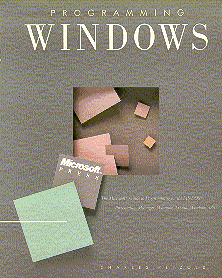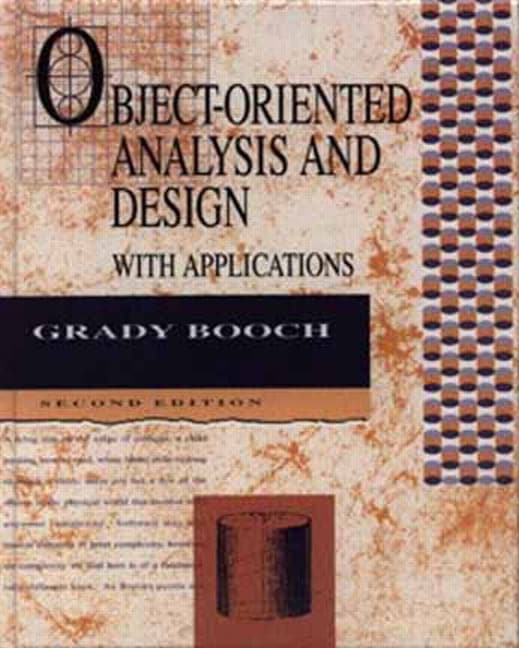Certification The Old Way
I've taken part in a few conversations and read more than a few threads on teacher certification exams recently. Specifically, CS teacher certification exams. There are a bunch of them floating around. There's the Praxis offered by ETS, the one from the National Evaluation Series, the Washington Evaluator Test Series one and then there's what's going on in Texas. NY State says it will eventually develop their own.
I have mixed feelings about exams like these. From what I've seen some of the content seems fine and the "stuff you have to know for the test" isn't necessarily the worst in the world. As a one time gatekeeper, I'm not necessarily happy with them but they can provide a test for a basic threshold of knowledge with out too much focus on test prep.
Of course, they're just the tip of the iceberg, many states including New York make their teacher candidates also take other exams. In NY candidates must take the edTPA which is expensive for the teacher candidate but a big money maker for Pearsons.
All of this came out of NCLB back in the day which also created requirements like "must complete an approved program" as opposed to just accruing a bunch of relevant education and content credits which in turn led to more courses like Math for Math Teachers.
For you youngsters out there (which I guess is most of you), I thought I'd share what it was like back in the day.
Back then, New York City certified it's own teachers as opposed to now when everything's done directly through the state. The system was, in my opinion far superior.
I came in as a career changer - I was doing computer work at the time - and I came in as a math teacher since there was no CS. Since math was an area of need it was a little easier for me to get my foot in the door than it would have been for say an English teacher.
To start I went down to the Board of Education in Brooklyn armed with my college transcript and waited in line. I then met with someone who evaluated my transcript. Normally, to get started, I would have needed a certain number of education credits and a certain number of content (math) credits. I think the magic number was 24 for the content. Since math was an area of needed you could get started with a TPD license (Temporary Per Diem) which required no education credits going in. You had to get 18 graduate education credits within the first, I think two years and take the National Teacher Exam. You also got one period off to be mentored which was a pretty sweet deal. Of course it wouldn't be that simple. I only had 16 math credits so fell short but the evaluator decided to give me credit for a couple of my more mathy CS classes like Algorithms to get me over the hump.
I then went to another line to get a brief mini physical and at some point I was fingerprinted and I had my TPD. The BOE then ran a one week "learn to teach" bootcamp and I was left to find my own job which I was fortunately able to do.
So, I had my foot in the door but as a TPD I had no job protections. I was observed at least 6 times a year and could be fired at will. In fact, TPD's were annually given pink slips in the spring and had to be rehired again in the Fall if their schools wanted them.
I got my 18 education credits over the next two years and took the NTE which was both the easiest and hardest exam I ever had to take. Easiest content wise but hard because it was a FULL DAY of non stop writing and my hand was cramped up into a club by days end. That got me to the next level - the PPT - Preparatory Provisional License, I think. This allowed me to be appointed. Once appointed you had job retention and seniority rights. Not tenure, but a step closer and you did get some legit job protections. If you started the process with education credits to go along with content credits you could have started directly with the PPT.
The final step to get that appointment with the PPT is that you had to go for an interview with the Board of Examiners. This was the good part. After work one day I went down to Brooklyn Tech, waited my turn and then was ushered into a classroom. A typical panel would have a principal, an assistant principal in your subject area, and a couple of teachers, again in your subject area. They could grill you on anything they wanted.
They could ask you general teaching questions (usually cached in a scenario):
- how do yo u handle a mixed level class,
- how do you handle a disruptive student
Preparation questions:
- how would you motivate a class on the Pythagorean Theorem?
- How would you turn a lesson on solving quadratics in to a hands on lab experience?
or content questions:
- solve this calculus problem…
- Derive this theorem…
I don't remember how long the session lasted but afterwards I left and a couple of weeks later, I had my PPT and was appointed.
There were a couple of last steps - tenure, which pretty much just happened since my AP and Principal were both happy with my performance and I had to get my Masters. Back then you could get a Masters in anything so I decided to get it in CS rather than Education.
There was a lot to like about the old system. I've never been a big fan of a lot of the education credits one has to get and while I still needed a number of them, I'm glad I had the option to take mostly content credits. I also like what amounted to being evaluated face to face by an individual rather than an amorphous bureaucracy. I also loved the mentoring I got but while the system gave me the class relief time to allow it to happen I think much of the value was due to my colleagues at Seward Park High School without whom I would have washed out.
The biggest thing I liked was the Board of Examiners. I found it somewhat stressful since I was never a math guy but the idea that you've got to prove yourself to a bunch of local city educators was HUGE. You weren't expected to give the "correct for the test" answer, you had to convince people that you might have to work for or with that you got the goods.
I'm sure we'll never go back to the old days but I thought the current generation might be interested in hearing what it was like back in the day.




